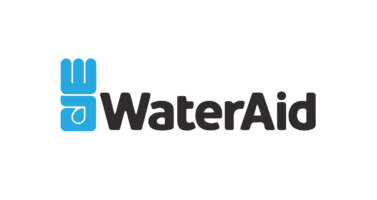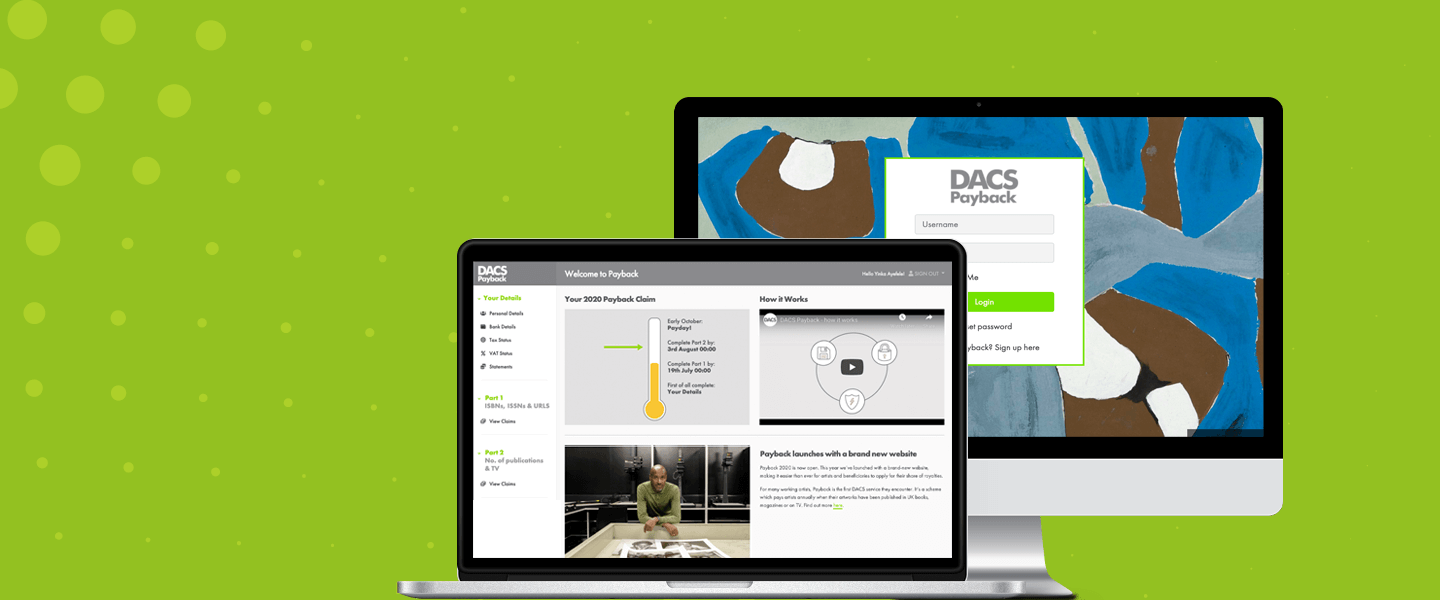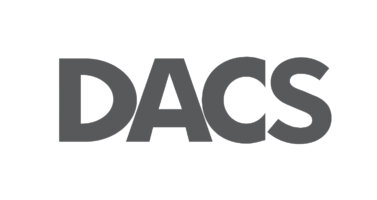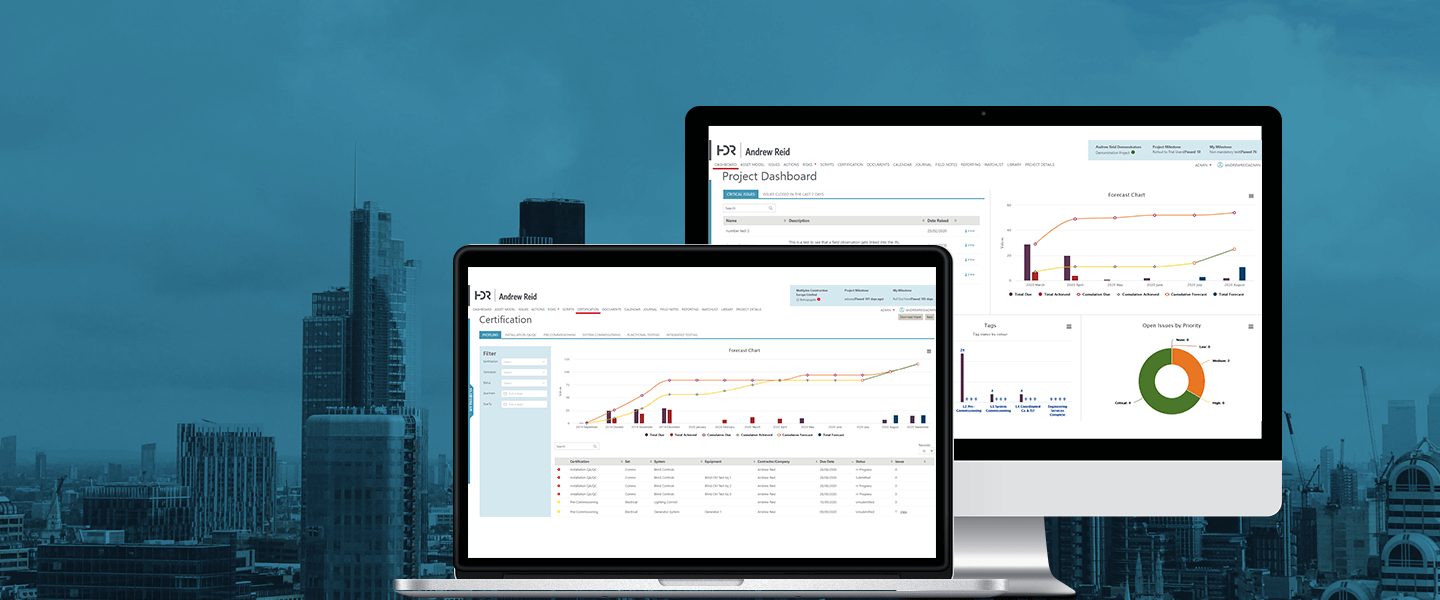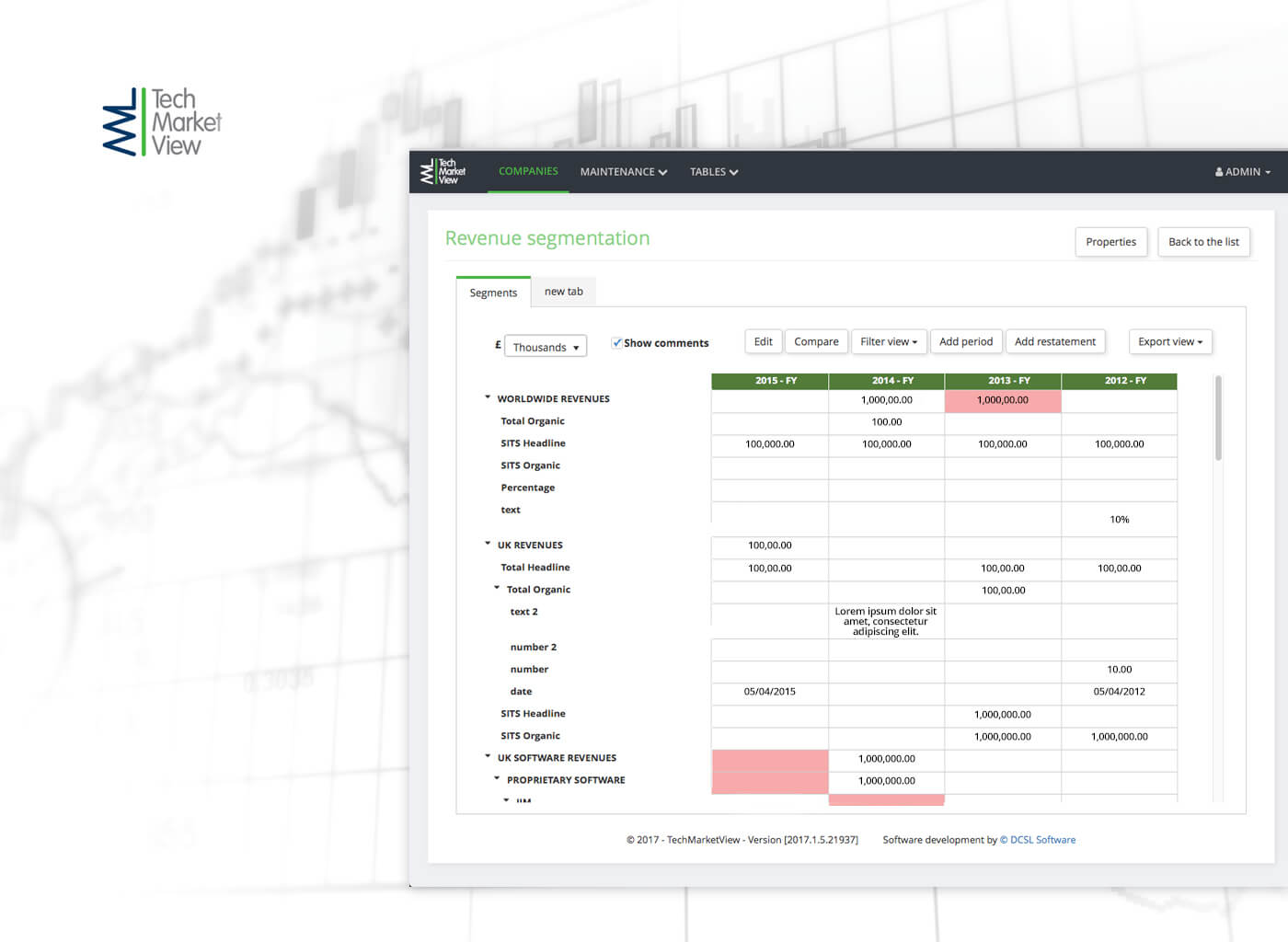Bespoke CRM & ERP Systems Development
Bespoke CRM & ERP Development – Achieve your customer engagement objectives with a customised and scalable CRM or ERP system that doesn’t require separate licenses for each new user.

Implementing the right CRM or ERP solution can help companies completely transform the way they interact with their customers. It can improve operational efficiency, reduce costs, give you actionable customer insights, highlight business opportunities and increase customer engagement.
What is a CRM system?
A CRM or ‘Customer Relationship Management’ system is a tool that helps you to manage your company’s relationships and interactions with customers and potential customers. CRM systems are typically used by Sales and Marketing departments but often include functions such as project management, order processing and finance.
What is an ERP system?
An ERP or ‘Enterprise Resource Planning’ system is used to manage the day-to-day activities of a business, such as project management, finance and operations and often incorporates a CRM system.
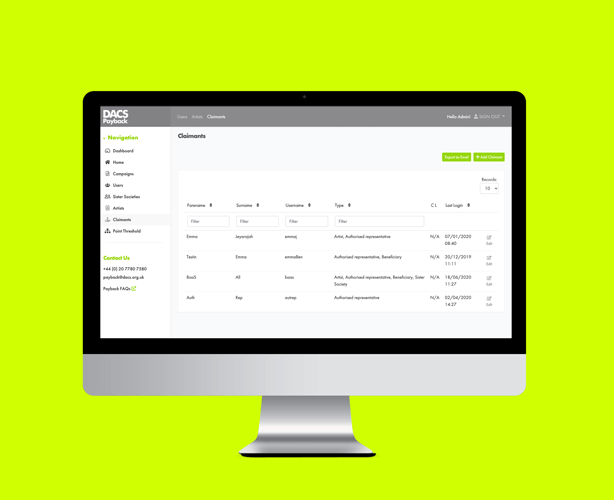
What is the difference between ERP and CRM?
There are a lot of similarities between ERP and CRM systems, but each serves different needs within a business. ERP software is designed to streamline operations and processes across multiple departments in a business. CRM systems typically focus on the sales side of the business – managing the company’s interactions with current and potential customers, as well as organising, automating and synchronising sales and marketing activities within a business. There is often a cross-over in terms of which features are in which, but typically ERP is seen as the larger, more comprehensive system incorporating most business processes into one place.
Benefits of a Bespoke CRM or ERP Development
A lot of companies spread their customer data across paperwork, post-it notes, emails and numerous spreadsheets and Access databases. A CRM system can dramatically improve the service you provide to your customers by bringing together all this information into one, streamlined system that gives you a single, detailed view of the customer.
CRM for Smaller Companies:
A CRM will give everyone in your company access to exactly the same information about your customers, which means less duplication, more efficiency and fewer mistakes. It also means that valuable customer data won’t be lost as your staff will have a dedicated system on which to enter it.
CRM for Larger Companies:
A CRM can bring together your marketing, sales and service departments. It can help build better working practices, provide the customer with a joined-up service and identify opportunities to better connect sales and marketing to provide increased sales and improved customer engagement:
- Marketing – creating personalised, meaningful experiences for customers off the back of insights and data collection. Better attribution and the ability to determine ROI from marketing activities.
- Sales – easy identification of sales numbers and cross-sell/up-sell opportunities, real-time insight into your sales pipeline, key information about customer accounts before visits, e.g. any outstanding ‘live’ orders or any service issues to be aware of.
Custom CRM & ERP Development by One Beyond
Unlike an off-the-shelf solution, when we build a CRM or ERP system it’s tailored to exactly match a business and its current processes, so there’s no unnecessary complexity. This ensures that clients end up with a system that encourages departments to work together instead of creating silos through data.
Everything is better. It’s impressively fast and efficient – its slickness is outstanding. It’s a lot simpler to navigate. It looks great on a mobile, too, so claimants can interact with it however they want to. Read more.
We can create a custom system that:
- Enables clients to easily add new users and computers without the need to purchase separate licenses for each additional user;
- Integrates with key systems and applications you already have in place;
- Includes features that can be turned on and off, so it can easily scale with business plans and any changes to business processes;
- Allows clients to create different dashboards for different departments;
- Allows for individual permissions according to authority level;
- Gives clients secure access to your data 24/7 from any web-connected PC, tablet, laptop or smartphone;
- Enables clients to quickly and simply produce tailored reports at the touch of a button, pulling data from across an organisation to give a view that’s wider than each individual department
We can also easily build a feed from or closely integrate your CRM or ERP into your web applications or mobile apps, so that your sales people can use any downtime to easily get customer updates ‘on the go’.


